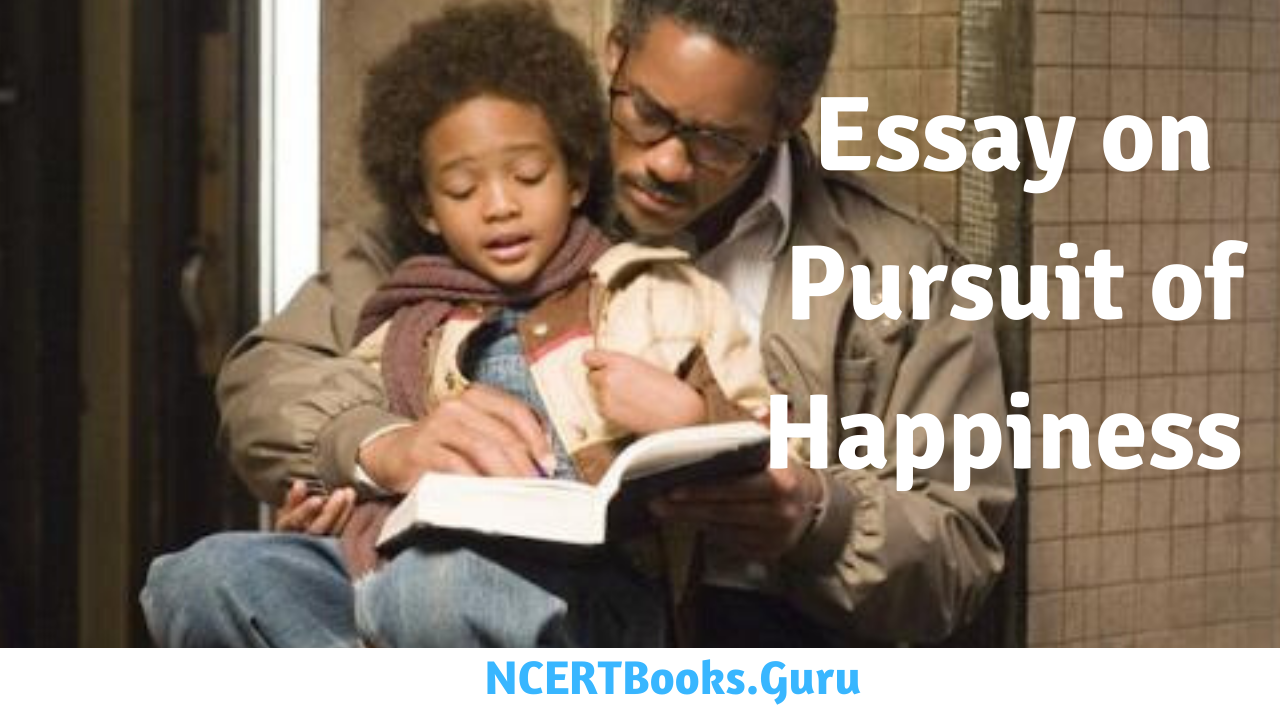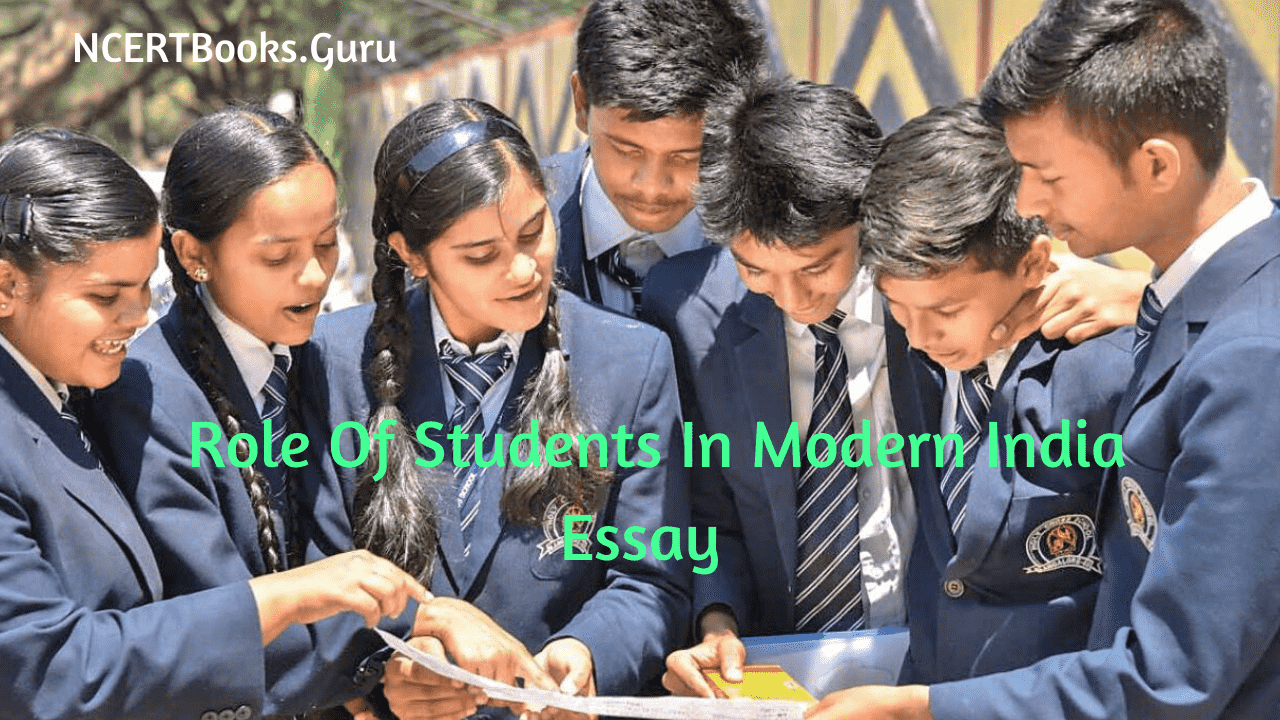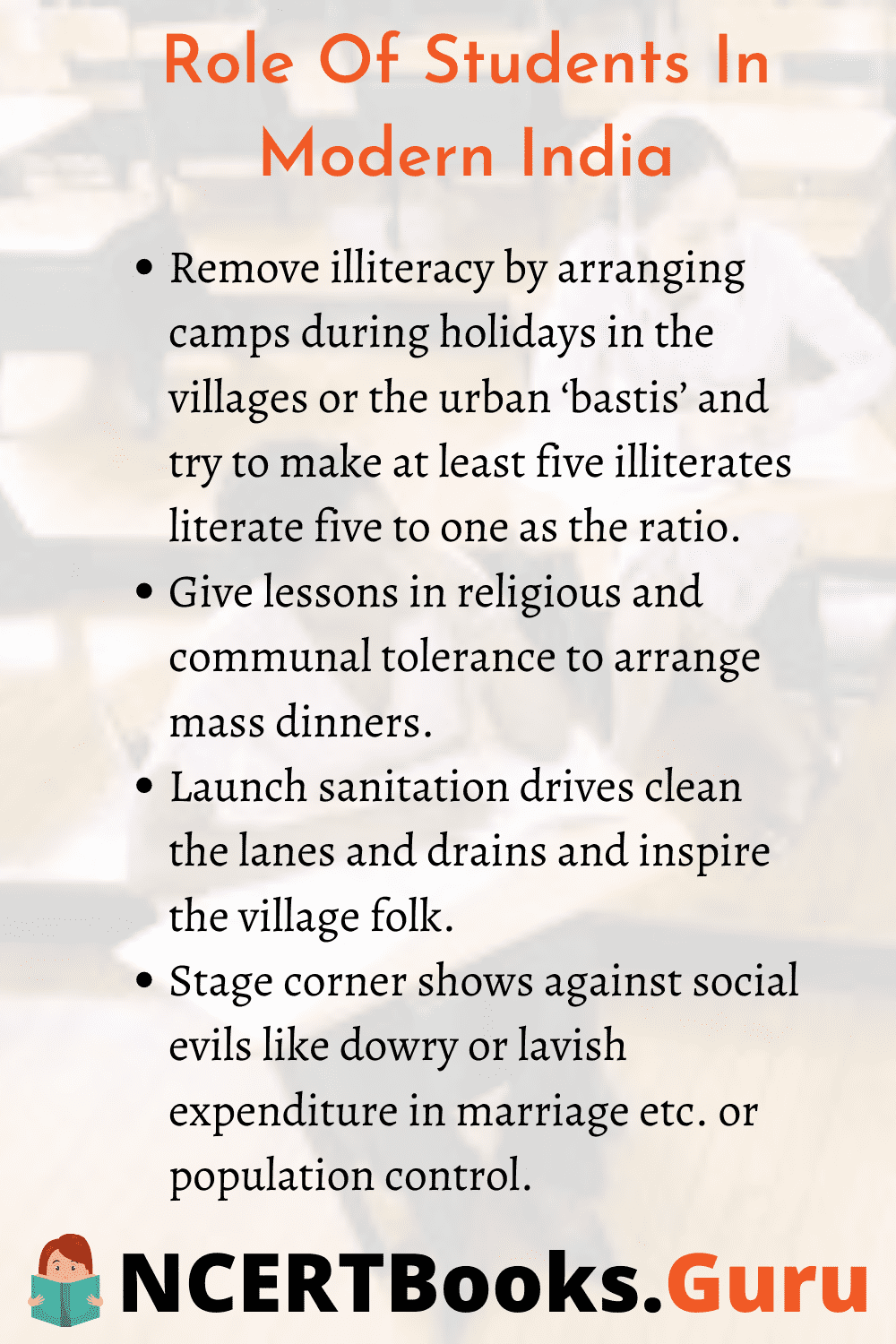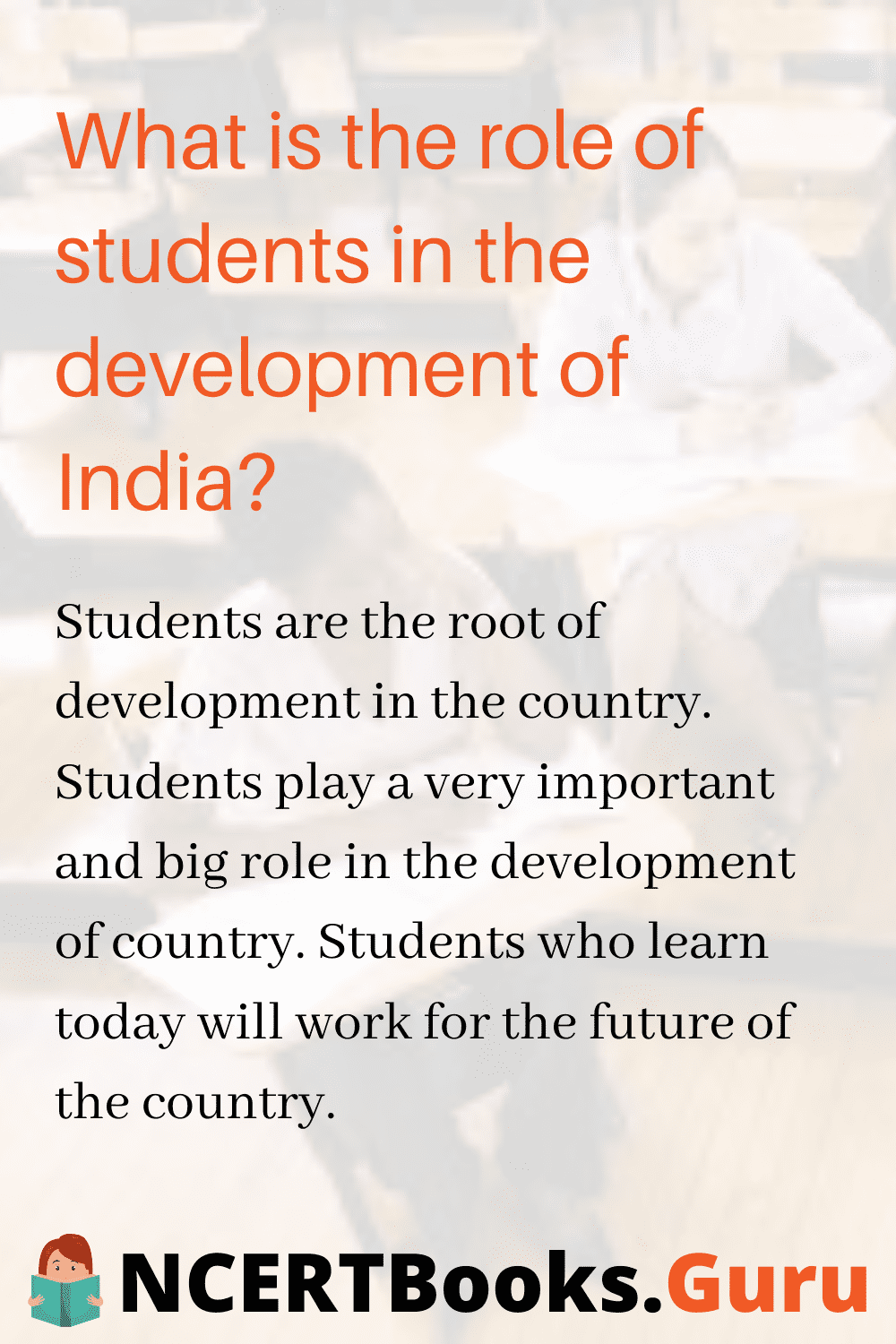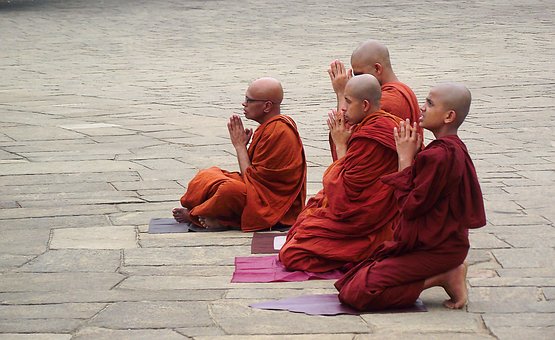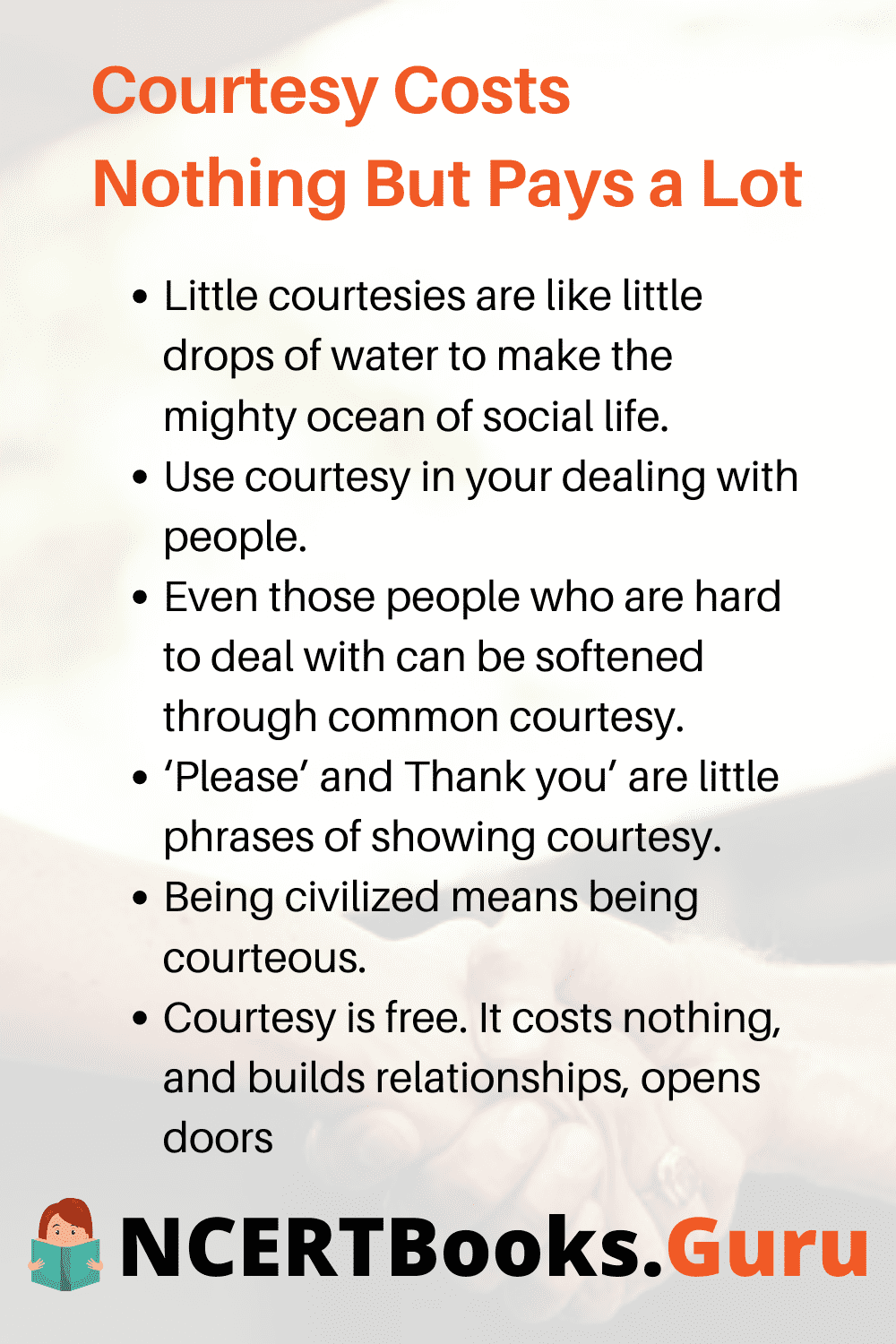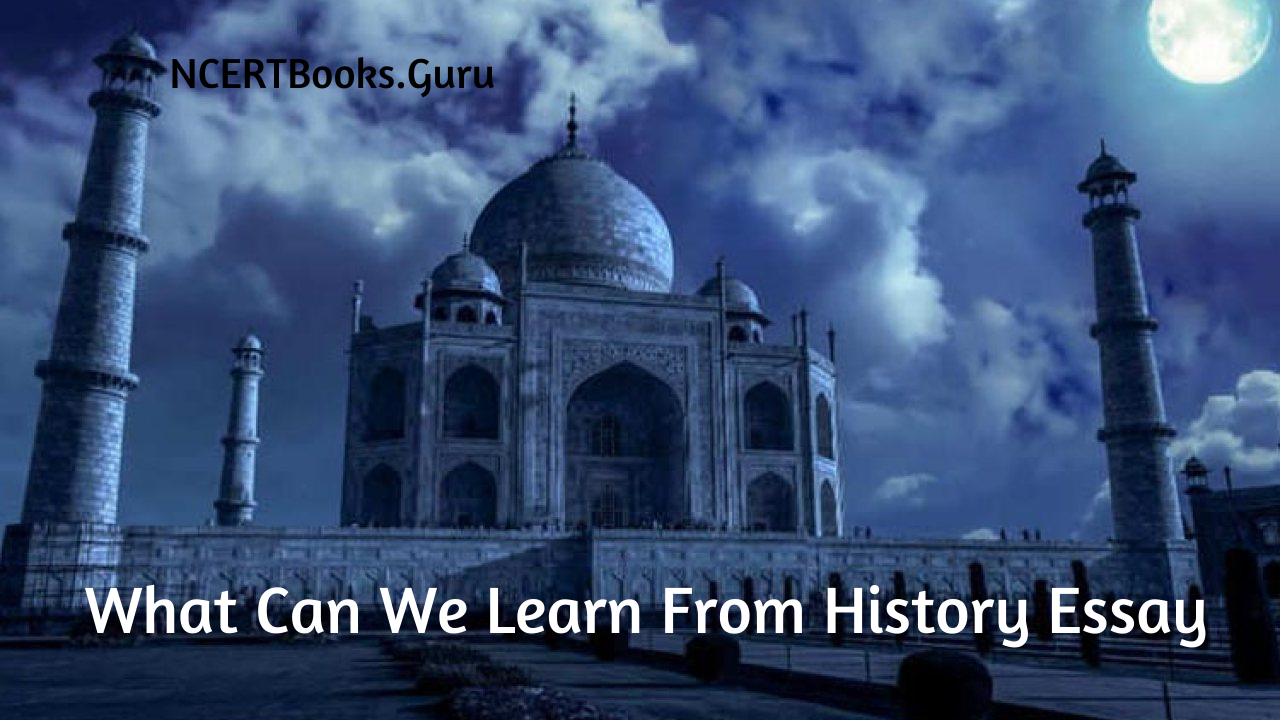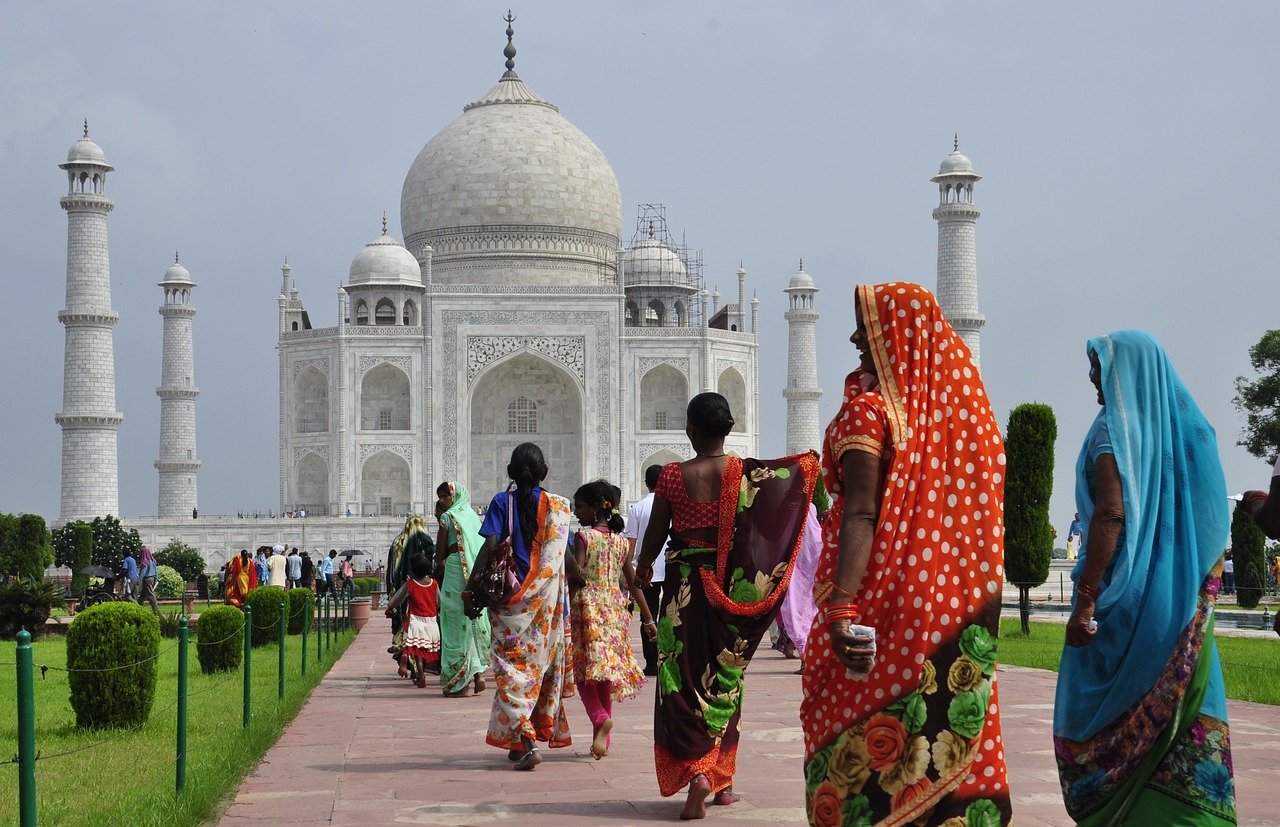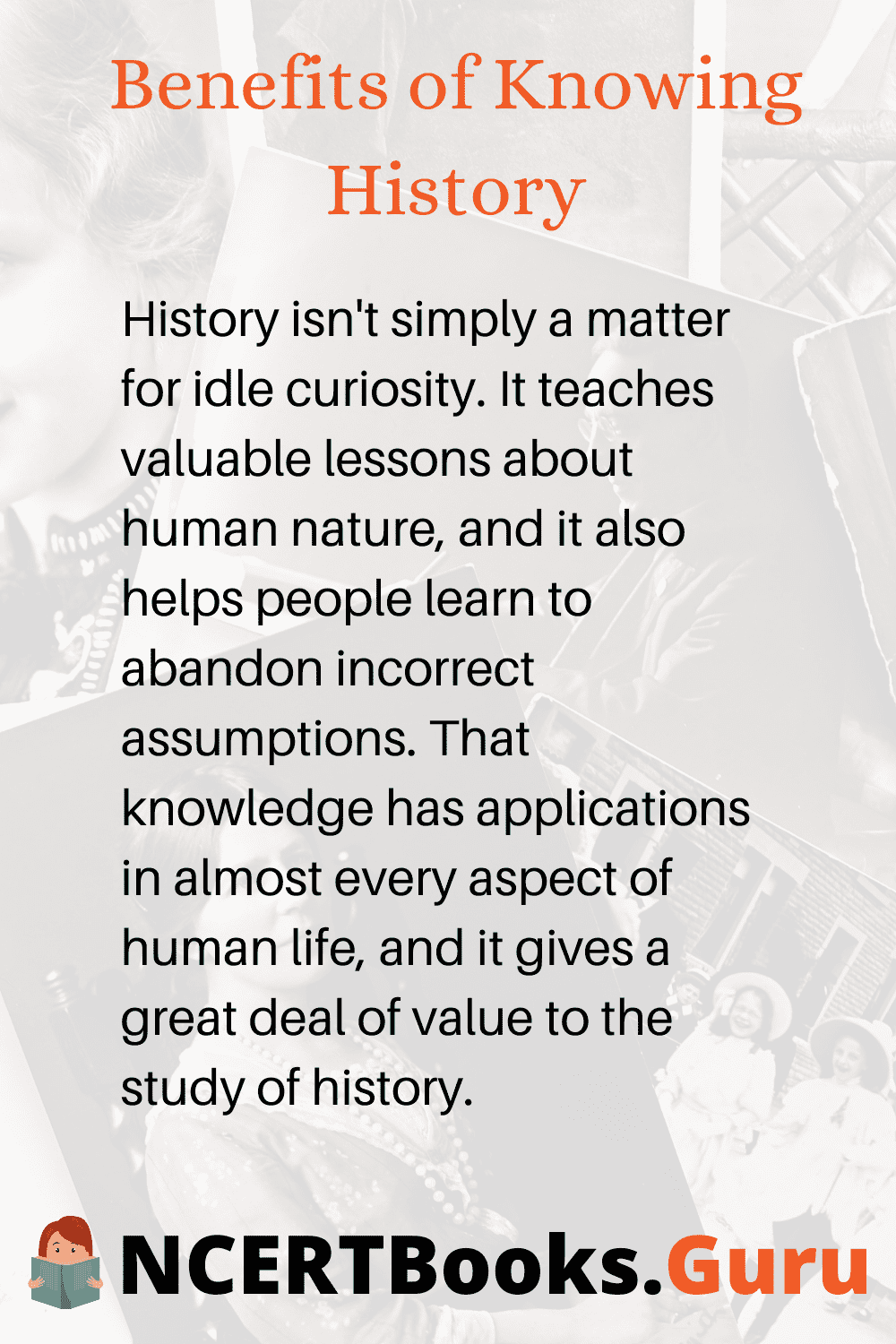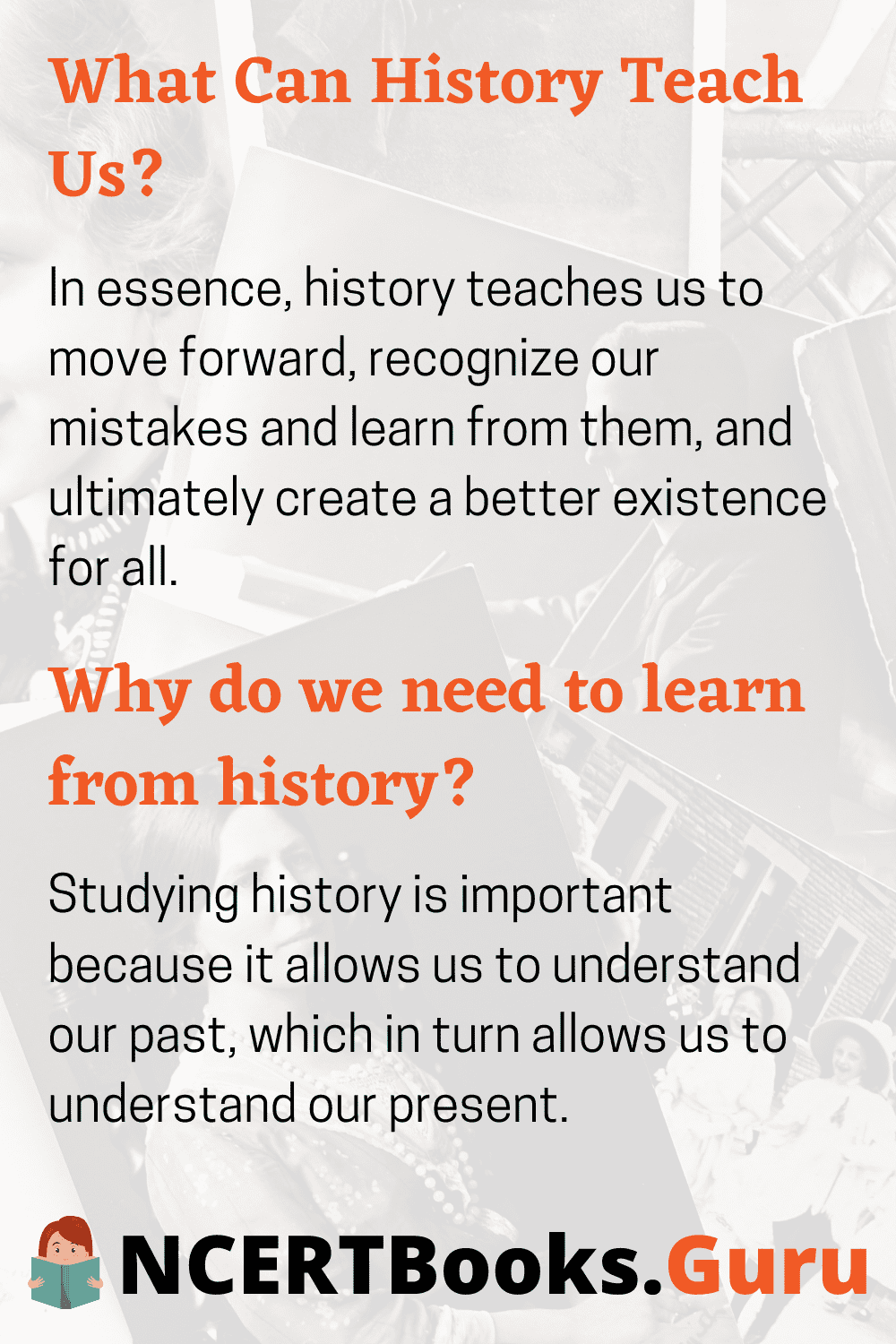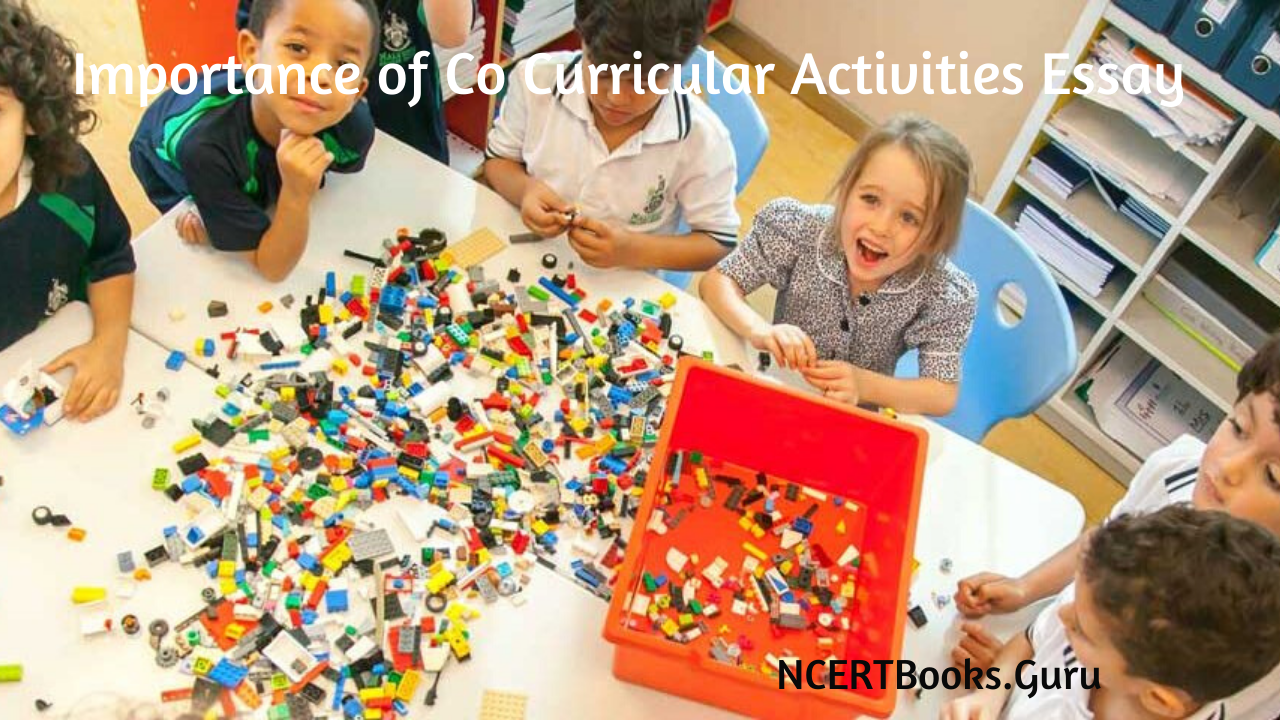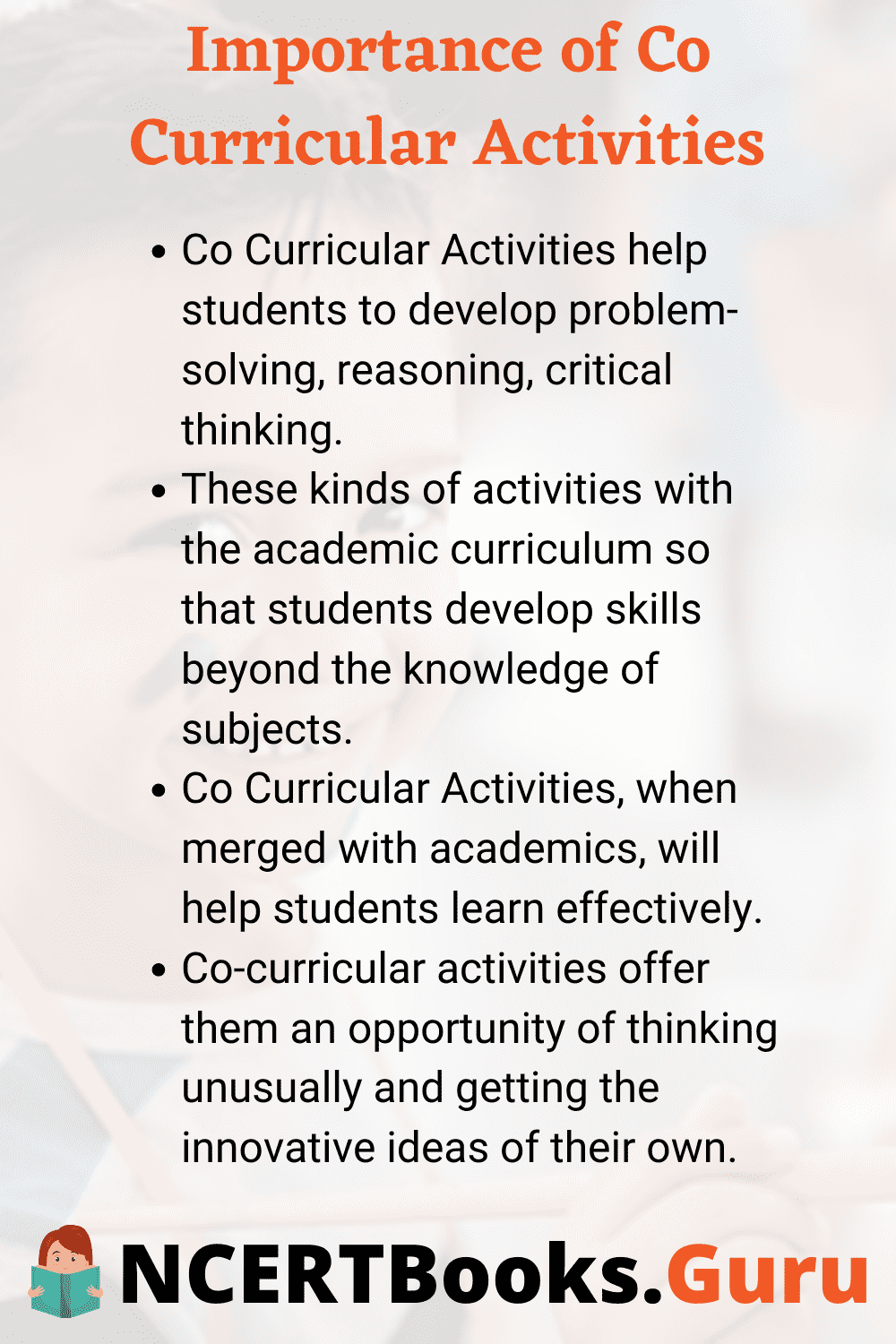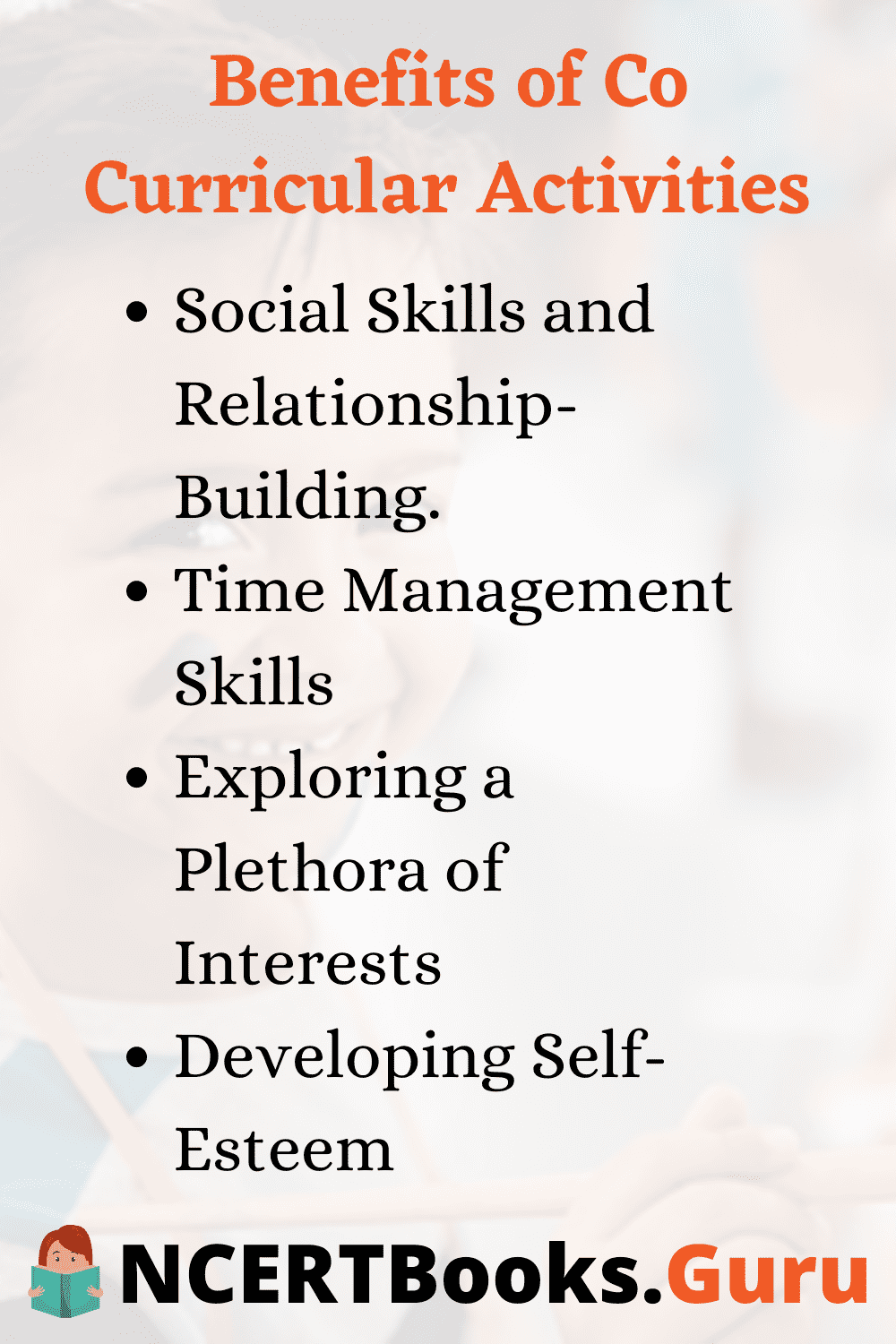Essay on Pursuit of Happiness: The poet manages to strike a chord instantly through these immortal lines as somewhere within, each of us can identify with the sentiments expressed in these lines. There is a mad rush on our beautiful planet. And all of us contribute to this madness.
“What is this life, so full of care?
We have no time to stand and stare.”
Everyone is busy chasing and so dedicatedly absorbed in the chase that at times becomes oblivious to the object of the chase itself. We shroud it under different garbs-needs, wants, desires, dreams and ambitions-forgetting the elementary essence of each pursuit: happiness.
- Long Essay on Pursuit of Happiness 600 Words in English
- Short Essay on Pursuit of Happiness 150 Words in English
- 10 Lines on Pursuit of Happiness
- How do you define Happiness?
- What is Happiness in Life?
- Why will you never find Happiness in Life?
- How to find Happiness in Life?
Long and Short Essays on Pursuit of Happiness for Students and Kids in English
Over here, we have written as samples one long essay of 600 words, one short essay of 100-150 words, and ten crucial points that comprehensively cover the subject matter.

Long Essay on Pursuit of Happiness 600 Words in English
Poets, philosophers, authors and intellectuals have burnt many grey cells in an effort to encapsulate this ever eluding concept of “happiness”. The very subjectivity of the concept gives it myriad interpretations. Each interpretation charts an entirely different course for the follower. No living being would ever deny their craving for this entity called “happiness” and would agree that sum total of their efforts are directed to this end. But how many can claim to have achieved this target? Is it actually an “end” or rather a mirage which is ever inviting and ever-alluring? Is this pursuit, which characterizes every life on this planet, an undecipherable segment of life or is it the life itself?
The attempts to decode this pursuit of happiness have generated epic volumes of literature and varied schools of thought. Defining the ends of this chase itself becomes a daunting challenge. The journey from cradle to grave is often spent in efforts to “realize” and make happiness “happen”. The concept of happiness cannot be isolated from the social milieu which lends it different interesting flavours. In fact, the chase is “flagged off’ for a toddler by this society itself.
The sharp shrill cry of a newborn is laden with purity. Unaware of the social conditioning awaiting his formative years, the child has an innate treasure of happiness. It is this blessing, which every individual arrives with, that gets lost in this journey of life. It is this source of true happiness a pure soul – which gets draped by malice and negativities as the interactions in social set up increase. And then begins a society dictated pursuit of something which each individual had within himself. A pursuit where we keep linking happiness to different objects, goals, needs, desires, wants events or ambitions and thereby involve ourselves in a meaningless chase.
As the child steps into the school, his first laboratory of social interaction, we begin to rob him of his blessing of being happy. Academic targets are set and happiness is caged. A student is conditioned to feel happy only in the event of proving his one up-man ship over his peers. Whether in sports or studies, victory is emphasized by parents and teachers, to the extent that happiness becomes inextricably linked to achievements. We try to give “social” meanings to the concept of happiness for a child.
He is conditioned to feel happy only when he achieves something over his peers. From an individual soul-based concept, happiness becomes a comparative society based notion. The celebrations are reserved for “victories” rather than learning and participation of the child. This sets in motion, the pursuit of happiness, which society deftly keeps linking to different goals a person must chase.
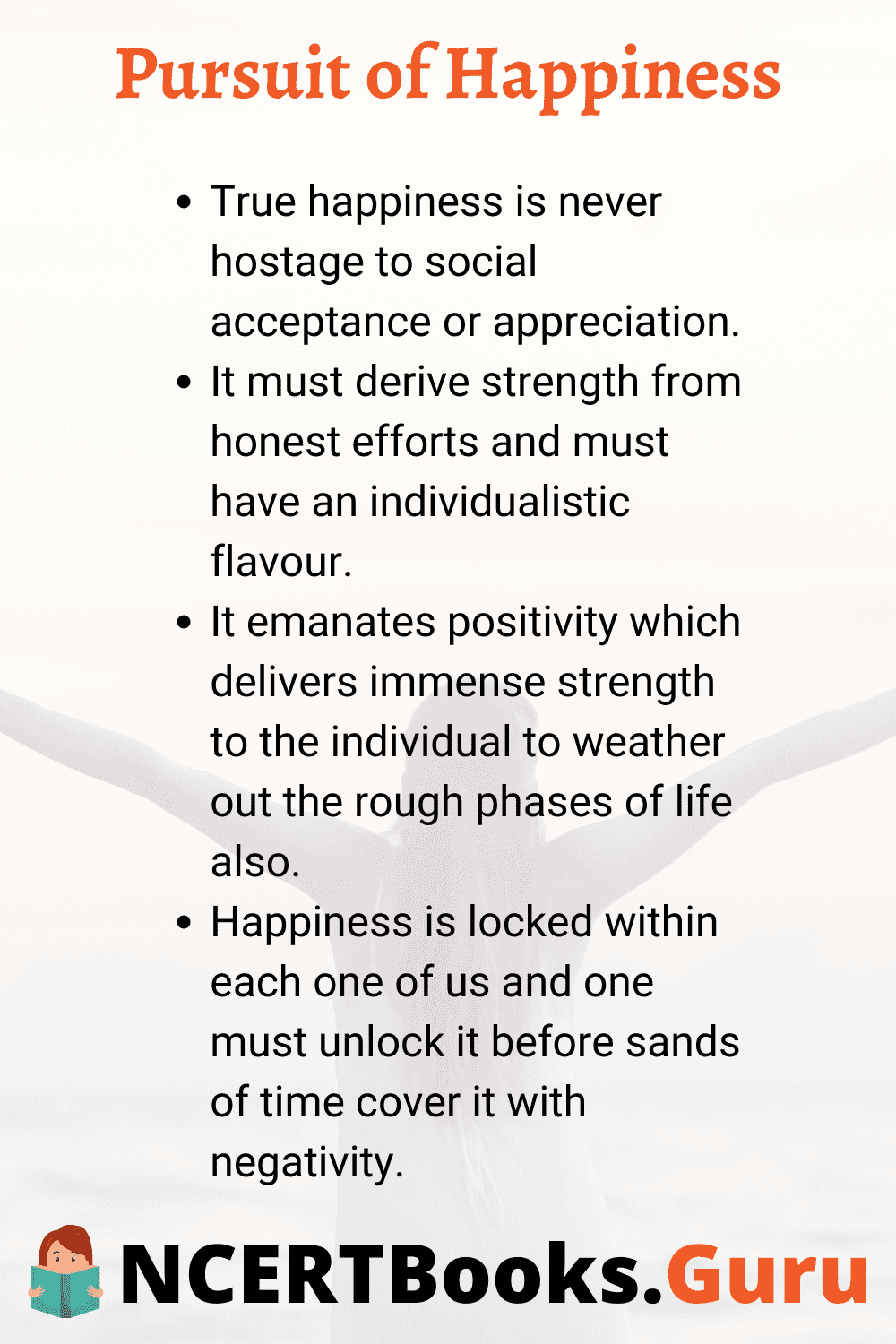
Step into adolescence and the play of hormones begins to define a different parameter for happiness. A sweet smile and a favourable nod hold the power to create a flutter in a young heart. Happiness attempts to regain the individualistic flavour where each one sings to the rhythm of his own tune.
“Beauty lies in the eyes of the beholder” and the pursuit of happiness reconnects each one to the purity of his own soul through love. The positivity of this unconditional and unalloyed emotion has immense power to strike the deepest chords of the human soul. It is the common factor which furnished time happiness to a child in mother’s lap and to a grown-up in the embrace of his soul mate. The positivity of this emotion attempts to define happiness in a time sense. It lends serenity to the roughs of the ocean and an essential pause to the wild pursuit. It reconnects one to the soul and this inward peep holds the key to everlasting happiness.
The state of “real” happiness emanates from very basic human values. These values, like love, care, sympathy, kindness or forgiveness have a strange power to enrich the soul with long-lasting happiness. In ambiences loaded with such emotions, one feels the comfort of true happiness, without indulging in any kind of pursuit. One’s family is such one affiliation which provides happiness with a different dimension altogether. The comfort of not being scanned by judgmental eyes, the freedom to be oneself and unconditional love and support from family members keep one happy at heart. One may go through a plethora of human emotions while going through varied situations of life but the underlining happiness survives in the presence of families’ love, care and support.
Another similar pillar which can help us scale insurmountable mountains with ease is the presence of true friends. Friendship is yet another relation, chosen by us and grown on-premise of those sacred soul-enriching values, which can impart unparalleled happiness. In the company of best friends, one cherishes the resonance of thoughts and time simply glides away seamlessly in endless rounds of chats, jokes, giggles and experiences. This seemingly carefree banter allows us to talk to ourselves, unwind and works as a therapy for the soul. During such interactions, the human spirit is unbound of any pretension and can fly unperturbed by social norms and diktats. This flight, unlike any pursuit, soars one to real happiness.
However, the madness catches up on the individual once again. Career and ambition become the social parameters to determine the quantum of happiness an individual is entitled to. We keep delaying the celebration of happiness in the process of indulging in the next pursuit. The happiness of moments is neglected to wait for the “bigger” event. The pursuit links happiness to the next promotion, a bigger house, the next vacation, events like marriage and childbirth, a better job or pay package, a better car or a better posting. The chase for “betterment” continues to delay the celebration of present moments. We keep delaying for eternity the realization of having reasons enough to be happy. We neglect, fret over or simply ignore zillions of happy moments, waiting for the next “notional” target set by our social conditioning.
We also keep changing the symbol for our happiness from one materialistic possession to another. Soon we miserably mistake our needs, want and desires as our means of attaining happiness. And the pursuit becomes menacing, pacy, fiendish and even fatal at times. Even before one realizes, this pursuit hollows out an individual turns him into a machine, snubs his soul into silence and swallows up his entire life in no time. The targets get auto revised each time possession is achieved. Like grains of sands, the notion of happiness keeps slipping out each time, from between the gaps of the fingers in a clenched fist attempting to grasp it.
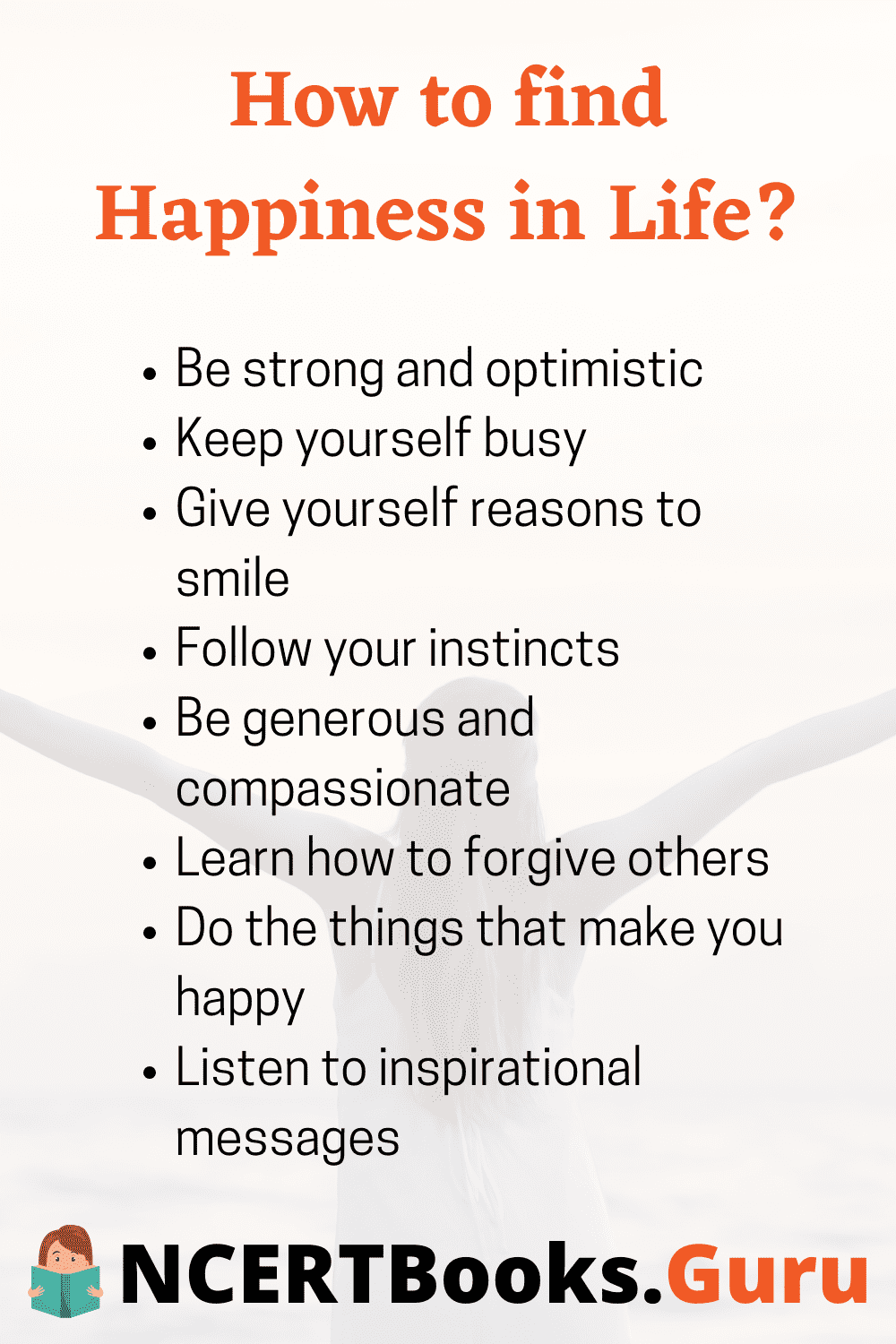
Years roll by and the pursuit continues, only because we fail to recognize the happy moments and in the process forget the essence of being happy. Years of a lifetime should not be wasted in such pursuits. Goals, targets, needs, desires and ambitions all need to be pursued but not viewed as a means of attaining happiness. In itself, pursuits have a positive quality of engagement. They help in evolving as an individual and identifying oneself. They present a parameter to gauge one’s abilities and skills in any chosen domain.
Pursuits act as fuels to a competitive mind and help in challenging oneself to bring out the best. These chases introduce us to our own potential and help in giving some positive direction to the outlet of energies. However, happiness goes beyond all this. It must be de-linked from being an “end” of such pursuits. It is a state of mind. It is a natural condition of spirit and soul.
Happiness is a condition one can be in even while pursuing the individual goals and targets. Depending on what we decide to chase as our object of “notional happiness”, our personality and the course of our life gets a definitive direction accordingly. For Alexander, the expansion of territorial dominance became a pursuit granting him happiness while for Lincoln, the fight against oppression infused similar thrill and passion.
For Mother Teresa, happiness lay in selfless service and gestures for the lesser privileged while Ramanujan derived supreme happiness in mind crunching numbers and equations. Happiness is not the end of any pursuit. Every chase simply becomes an experience for the individual, preserved and linked to memory, which can be unfolded and decoded to derive happiness at any later stage in life.
In the next phase of everyone’s life, the notion of happiness finds a different connotation with the professional success of the individual. Often people manage to club their professional pursuits with personal passions and derive an inexplicable thrill in the process. At times this thrill is also able to surmount the demands and conditionings of the society. While a good teacher may derive happiness in seeing his efforts translate into good individuals, a lawyer’s criterion for happiness may be defined by clinching arguments in favour of his client in the courtroom. A doctor’s pursuit of happiness must be having satisfying pauses whenever he saves a patient’s life or gets a smile back on their faces post recovery from some disease.
An administrator’s efforts of delivering social justice through neat framing and execution of policies must grant him doses of happiness while for a professional sportsman, victory in a coveted event may define the pinnacle of happiness. The underlying denominator in all these instances of happiness is the satisfaction one derives from something one is passionate about. Creating a masterpiece on the canvas for an artist or penning some immortal lines for a poet is the satisfaction of a creative urge which delivers loads of happiness to the person.
All these instances of the successful pursuit of one’s profession or passion are immensely satisfying and undoubtedly make one happy. These moments of happiness must be cherished. But the “real happiness” must not be overlooked in the blinding lights of these “successes”. The professional endeavours are only a part of one’s life, not life itself. Hence the personal segment of happiness must complement the satisfaction granted by such professional feats. The professional success must be cherished but the happiness springing on such occasions is dependent on achievements or excellence.
Does it mean that happiness is only entitled to competing and winning individuals? Happiness is not restricted to a few. It is an emotion that each one of us is entitled to and must utilize to the maximum. Professional success only grants fleeting moments of happiness. The moments are transitory because the adulations received to make the pursuit more vigorous and the craving more intense. However, this is a craving for success, praise, recognition and social appreciation and not of happiness. This kind of happiness does not enrich the soul and hence remains a hollow one.
Does it match heart-rendering happiness one experiences on watching a rainbow after rains or the sun going down in the lap of ocean or snowflakes dripping from the needle-shaped pine leaves or an innocent smile of a toddler or an early morning chirping of birds? Can the pristine beauty of the soul-stirring landscapes of valleys, lakes, rivers, deep oceans, peaks, glaciers, corals and deserts have any parallel? It is the connection with the bounties of nature which makes one wonder at the futility of material pursuits. The “real” happiness lies somewhere out there, to be experienced in the lap of Mother Nature.
Even before one can celebrate such professional achievement, the next target begins to hover on the mind and the pursuit intensifies. The pursuit has actually lost the right track and derailed the entire process towards chase of a mirage. One begins chasing the pale shadow of “real” happiness and almost tragically often the entire life is spent in such off the track pursuits.
Students can find more English Essay Writing Topics, Ideas, Easy Tips to Write Essay Writing and many more.
Short Essay on Pursuit of Happiness 150 Words in English
Short Essay on Pursuit of Happiness is usually given to classes 1, 2, 3, 4, 5, and 6.
True happiness is never hostage to social acceptance or appreciation. It must derive strength from honest efforts and must have an individualistic flavour. It springs from a satisfied soul. For an individual who learns a new skill or contributes to society or improves positively in any domain, the growth as an individual must be the cause of real happiness. The efforts to make this earth a better place to live in or bringing smiles to the face of a lesser privileged person should effuse true happiness.
It is this kind of happiness which nourishes the soul and strengthens the character of an individual. It emanates positivity which delivers immense strength to the individual It is this happiness which must be sought, not outside but by diving deep within oneself. The treasure chest of to weather out the rough phases of life also. Happiness is locked within each one of us and one must unlock it before sands of time cover it with negativity.
10 Lines on Pursuit of Happiness
- No living being would ever deny their craving for this entity called “happiness”.
- Before celebrating the achievement, next target hovers in the mind and the pursuit intensifies.
- The craving for success, praise, recognition and social appreciation is not happiness.
- This kind of happiness doesn’t enrich the soul and will always remain a hollow one.
- We will chase for the real happiness and tragically entire life is spent in such of pursuits.
- True happiness is never hostage to social acceptance or appreciation.
- It must derive strength from honest efforts and must have an individualistic flavour.
- The efforts to make this earth a better place to live in or bringing smiles to the face of a lesser privileged person should effuse true happiness.
- It emanates positivity which delivers immense strength to the individual to weather out the rough phases of life also.
- Happiness is locked within each one of us and one must unlock it before sands of time cover it with negativity.
FAQs on Pursuit of Happiness
1. How do you define Happiness?
Happiness is that feeling that comes over you when you know life is good and you can’t help but smile.
Happiness is when your life fulfills your needs. It is a feeling of contentment, that life is just as it should be.
3. Why will you never find Happiness in Life?
We are chasing for the real happiness and tragically entire life is spent in such of pursuits.
4. How to find Happiness in Life?
- Be strong and optimistic
- Keep yourself busy
- Give yourself reasons to smile
- Follow your instincts
- Be generous and compassionate
- Learn how to forgive others
- Do the things that make you happy
- Listen to inspirational messages
